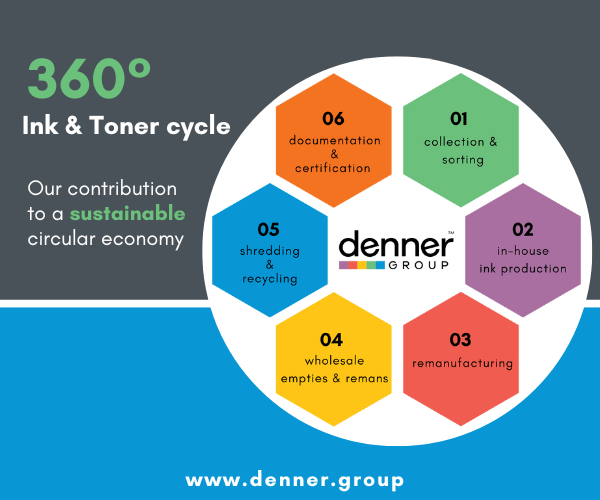The ecological impact of smartphones
March 8, 2019
 The United Nations Environment agency has published a new article suggesting that smartphones could be contributing significantly to the pollution of our planet.
The United Nations Environment agency has published a new article suggesting that smartphones could be contributing significantly to the pollution of our planet.
“How smart are our phones when it comes to the impact on the environment?” the article begins, questioning readers on whether they are aware of what is actually inside their mobile device.
UN Environment lists various environmental, social, and economic concerns still surrounding smartphones, despite “significant steps” being taken by the technology industry’s major players.
One of these concerns is the extraction of precious metals, with gold, silver, cobalt, copper, tin, tungsten, and tantalum all essential components of mobile phones, and with mining for these metals still “one of the most intensive users of heavy fuel oil,” contributing massively to climate change.
However, UN Environment asserts that “public awareness can go some way towards promoting a mineral sector that contributes to sustainable socio-economic development,” explaining that although many negative mining impacts are “inevitable,” many others are very much avoidable.
Most smartphone producing companies publishing little information on their suppliers, keeping environmental performance and impact statistics in the dark, with a profound “lack of urgency and transparency in tackling global e-waste.” 41 million tonnes of this e-waste is generated per annum by the electronics industry, with less than 16 percent recycled formally.
Feng Wang, Programme Officer at UN Environment for Life Cycle Thinking and Sustainable Consumption and Production, said: “Beyond carbon footprint, the biggest environmental concern where e-waste is concerned is the impact at the end of a product’s life. Recycling practices, especially in developing countries, mean that pollution from hazardous materials and metals at dumping sites has grave consequences for the local environment and informal workers.”
A previous UN Environment report, Waste crime – Waste risk, also highlighted the emission of toxic substances from e-waste, such as mercury, arsenic, zinc, and lead, as well as brominated flame retardants such as DecaBDE.
Another issue highlighted by UN Environment is a smartphone’s carbon footprint, with 80 percent of this occurring during manufacturing, 3 percent during transportation, and 16 percent during consumer use. As demand rises, the agency attests, the lifespan of a device shrinks, with “increasingly sophisticated” smartphones being discarded, as companies race to produce a superior model, whether in terms of size, weight, or capability.
“Product lifetime is getting shorter and shorter, thus less sustainable,” elaborated Wang. “We can all play a part, by recycling, reselling or repurposing our smartphones with responsible organisations. But recycling or buying fewer models won’t solve the problem alone.”
Around 435,000 tonnes of mobile phones were discarded across the world in 2016, with the raw material costing approximately $10.7 billion (€9.53 billion).
“The fast replacement rate of smartphones due to technical development and market strategy is unsustainable, often generating unnecessary waste of fully-functioning devices,” Wang added. The problem is exacerbated by many people failing to send their defunct phones to recycling, due to concerns over data security, or simple emotional attachment.
“Making our phones truly smart not only entails recycling, upcycling and repurposing materials that go into them,” concluded UN Environment, “but also, building them to last: Reducing our phone footprint and designing sustainable models which make waste in the long term a thing of the past.”
Categories : Around the Industry
Tags : E-waste Environment Phones United Nations























